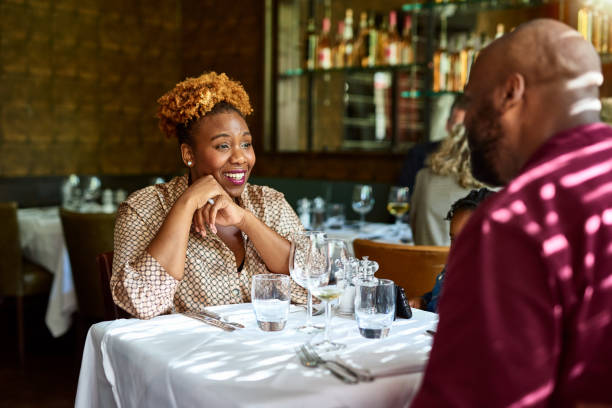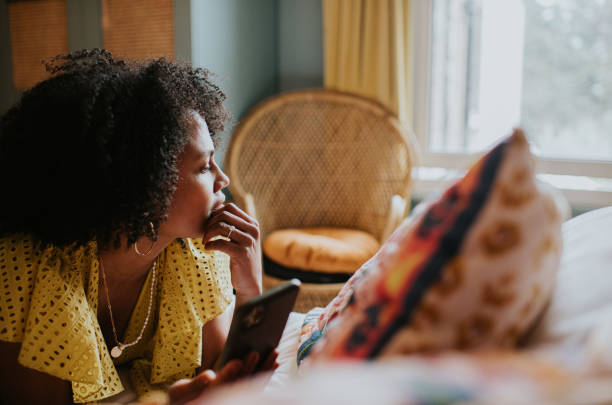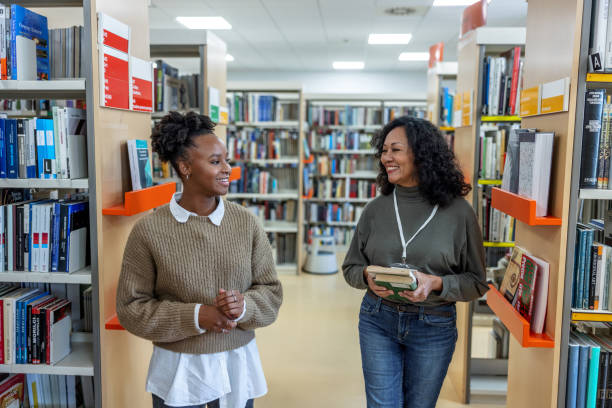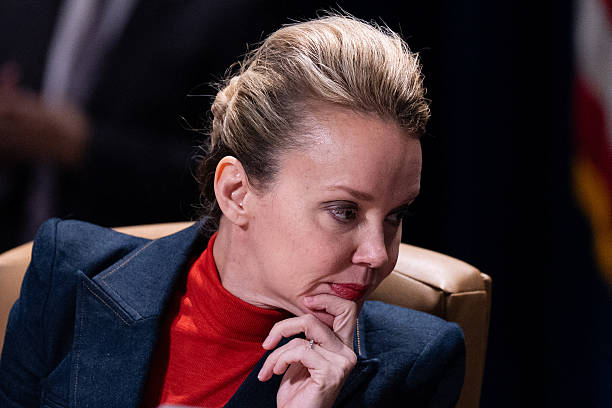(ThySistas.com) In the realm of romantic relationships, Black women often find themselves navigating complex and nuanced challenges, with issues ranging from societal expectations to interpersonal dynamics. There is a growing concern about some Black women losing faith or hope in lasting romantic relationships with Black men. This article explores the underlying factors contributing to this phenomenon and suggests resolutions to foster healthier connections.

Societal Pressures and Stereotypes: Black women often face external pressures shaped by societal stereotypes and expectations that can impact their romantic relationships. Historical and contemporary stereotypes, such as the “strong black woman” trope, can create unrealistic expectations and place an undue burden on Black women. These stereotypes may contribute to feelings of isolation and hinder the development of authentic connections with Black men.
Communication Breakdowns: Effective communication is the cornerstone of any successful relationship, yet miscommunication or the lack of open dialogue can strain connections. Black women and men may face unique challenges in communicating due to societal factors, differing cultural backgrounds, or personal experiences. The inability to navigate these communication barriers can lead to misunderstandings, eroding trust and faith in the relationship.
Intersectionality of Gender and Race: The intersectionality of gender and race adds layers of complexity to romantic relationships. Black women may find themselves grappling with both racial and gender-based discrimination, influencing their experiences and perceptions. Negotiating these intersectional challenges within the confines of a romantic relationship requires a deep understanding and empathy from both partners.
Internalized Stereotypes and Insecurities: Internalized stereotypes and insecurities, often stemming from societal expectations, can impact the self-esteem of Black women. Feelings of inadequacy or unworthiness may manifest in their romantic relationships, leading to self-sabotaging behaviors or a reluctance to fully invest in the partnership. Addressing these internalized issues is crucial for fostering a healthy sense of self and, consequently, healthier relationships.
Resolutions
Cultivating Open and Honest Communication: Addressing communication breakdowns requires a commitment to cultivating open and honest dialogue within romantic relationships. Encouraging a safe space for both partners to express their thoughts, feelings, and concerns can foster mutual understanding and strengthen the emotional connection. This may involve seeking professional guidance or engaging in couples’ therapy to enhance communication skills.
Deconstructing Stereotypes and Expectations: Deconstructing societal stereotypes and expectations is a collective effort that involves both partners challenging preconceived notions. Black men and women can engage in open conversations about the impact of stereotypes on their relationship dynamics, fostering a shared commitment to overcoming external pressures and building an authentic connection based on mutual respect.
Empowering through Education: Empowerment through education involves promoting awareness of intersectionality and the unique challenges faced by Black women. Both partners can engage in self-education, attending workshops or seeking resources that provide insights into the intersectional experiences of Black women. This shared commitment to learning can lead to increased empathy and a deeper understanding of each other’s perspectives.
Building a Supportive Community: Creating a supportive community is essential for navigating the challenges of romantic relationships. Black women and men can benefit from surrounding themselves with friends, family, or mentors who provide encouragement, guidance, and a sense of community. This support network can offer valuable insights and perspectives, contributing to the growth and resilience of the relationship.
Counseling and Therapy: Seeking professional counseling or therapy can be a transformative step in addressing complex relationship issues. Therapists with expertise in intersectionality and cultural competence can assist couples in navigating challenges, fostering personal growth, and building a foundation for a lasting and fulfilling relationship.
Navigating romantic relationships as a Black woman involves confronting societal pressures, communication barriers, and the complexities of intersectionality. By fostering open communication, deconstructing stereotypes, empowering through education, building a supportive community, and seeking professional guidance when needed, Black women and men can work together to overcome challenges and build lasting, meaningful connections. Through these resolutions, couples can cultivate understanding, resilience, and a shared commitment to navigating the intricate terrain of romantic relationships with faith and hope.
Staff Writer; Mz. Whitsdom
This talented writer is also an accomplished author. One may purchase any of the following books; The Ausome Parent Journal: Your Journey as a Parent of Children with Autism, and Think About the Future!: Goal Setting Exploration Workbook for Students Paperback on Amazon.










Leave a Reply